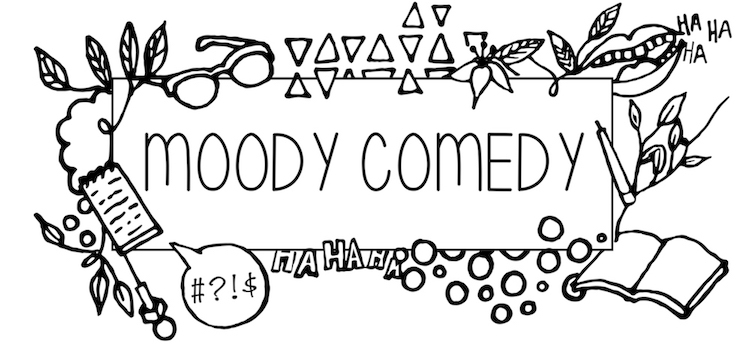TV Review: Flowers, Series 1

© Channel 4
If there ever was a sitcom that could bring about feelings of discomfort and sorrow whilst also being oddly life-affirming, it is Flowers. Starring Julian Barratt and Olivia Colman as the leads, Flowers is a story of a disjointed and deeply unhappy family; each person within it acting and speaking with the best of intentions but possessing an inability to communicate their innermost thoughts and feelings.
Flowers is the artistic creation of 29-year-old Will Sharpe, who wrote and directed the series as well as playing the character of Shun, a young and enthusiastic Japanese artist who lives with the Flowers family and works for Maurice (Barratt). Deborah (Colman) and Maurice are a likeable but floundering pair, desperately trying to cling to each other as all manner of chaotic events and disruptive people threaten to reap havoc with their personal lives.
The subject matter of Flowers is morbid, the series begins with a suicide attempt, but the production is aesthetically dark also, along with a delightfully jarring score. With a rapidly developing narrative, yet still managing to capture a meandering, morose tone, as well as nurturing a fondness for each individual character as we learn more of their backgrounds and aspirations. Sophia Di Martino and Daniel Rigby (Big School, Undercover) effortlessly capture the mannerisms of, and tensions between, bickering twins Amy and Donald, who are 25 and still live at home. This dynamic is explored thoroughly but sensitively; yet another example of idiosyncrasy in the production, successfully avoiding lazy or over-generalised observations regarding how siblings interact with one another, and how the ‘children’ fit within the wider family. Maurice’s narrated excerpts from his Mr Grubb children’s novels add further sinister element to the overall production, with these readings from the struggling children’s writer giving Flowers a hint of The Babadook about it.

© Channel 4
It seems to be rather wasteful for the entire series to have been broadcast over the course of one week, though this is perhaps an indicator of the changing habits of British television-viewers. This does, however, make it easier for eager viewers to binge-watch the series in one sitting and then step outside three hours later, blinking into the light and exhaling that breath they’d been holding since episode two.
It’s quite some feat, considering the magnitude of this cast, that the stand-out performance for me is that of Sharpe himself, particularly as his role develops from that of a jester to an emotional reconciler as events dramatically unfold. In an interview with The British Comedy Guide, Sharpe sums up his artistic aims with the project: “The show is about melancholy and family, and it’s about people feeling trapped or alone. It’s also about how your own state of mind can affect those around you.” Here is a prime example of a case where a distinct creative vision has been successfully defined and then translated into a stunning piece that seems to encapsulate everything it intended to, whilst also alluding to more. This melancholic masterpiece is hands down the most spectacular piece of television I have ever seen. Flowers broke my heart and then fixed it again.
